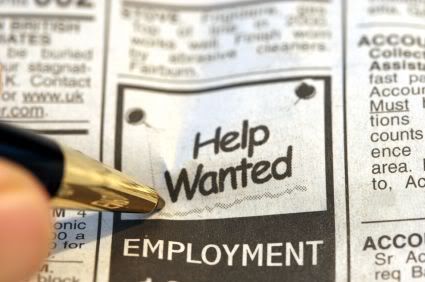Peter Cove, founder of America Works, the first for-profit welfare-to-work company, was an idealistic grad student when he dropped out of school to become a foot soldier in LBJ’s “War on Poverty.”
Unfortunately, poverty has been winning.
In a must-read piece in City Journal, Cove explains why:
We know for certain that income transfers, the preferred tactic of generations of liberals, have utterly failed to end poverty. My firsthand experience with welfare clients has shown me why: being on the dole encourages dependency. Working at a real job, by contrast, is the surest way for a person to climb out of poverty. Accordingly, the surest way for the government to fight poverty is to eliminate cash assistance almost entirely and offer jobs instead.
Cove worked for the Antipoverty Operations Board in New York and he can still recall the excitement of those heady days. Poverty warriors such as Cove felt that the economic system should be “humanized.” Cove and thousands like him thought that they were living up to the legacy of a slain president (it is ironic that President Kennedy had begun to change the welfare system to rely more on “a hand, not a handout” in his brief tenure in the White House).
But they created a culture for which these idealists had not bargained:
[T]he government’s unprecedented expenditures failed to bring about the decline in poverty that Johnson had promised. Instead, they made things worse. Neither city hall nor I comprehended that the “community action” organizations on which we lavished taxpayer dollars would entrench dependency by urging people to get on the welfare rolls.
War on Poverty funds paid for social workers, community activists, and lawyers to organize the poor, but these organizers, far from lifting poor people out of dependency, helped them sign up for more—and more expensive—welfare programs. For instance, the National Welfare Rights Organization urged single black mothers to protest the welfare system’s eligibility restrictions, and the organization’s goal was to flood the system with new clients.
Cove’s eyes were opened when he went to work for a program of the Vera Institute, which specialized in getting jobs for clients. He saw that a paying job—any kind of paying job—was likely to improve the lot of a client far more than welfare.
In his new job, Cove realized what should have been obvious: that that work socializes people and helps them learn self-reliance and self-respect (which is quite different from self-esteem). It is ironic and frustrating that the U.S. has re-elected a president who hasn’t created jobs and sees nothing wrong with programs that foster dependence on government.


